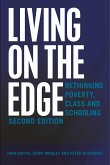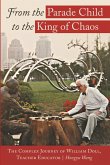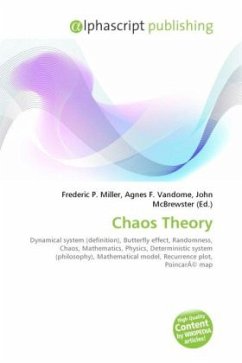ETCH frames an alternative educational theoretical base - a hybrid complex adaptive systems theory model for education - that more effectively meets the demands to prepare students for the 21st century. ETCH differs by focusing on the systemic, autopoietic nature of schools. It considers the open, fluid processes of school systems as a dissipative structure- - nonlinear in our ability to completely predict the results of any specific intervention. To the educational administrative practitioner, ETCH provides a deeper insight into how an education infrastructure operates. ETCH creates a blueprint of fundamental laws, that when applied to the field of education, provides a framework for school structure design, that "emerges" into a learning environment, that in turn stimulates holistic growth in every student. Through a series of examples, taken from the author's experiences in founding and operating the Lancaster Institute of Learning, a private state- licensed alternative high school in Pennsylvania, ETCH application emerges into an optimal learning environment for a student-centered complex adaptive system.
Bitte wählen Sie Ihr Anliegen aus.
Rechnungen
Retourenschein anfordern
Bestellstatus
Storno








